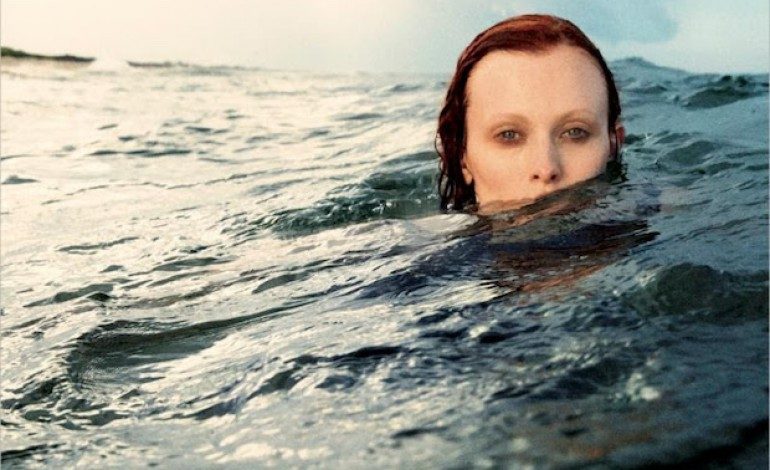

Indie Comes Home
Karen Elson’s Double Roses blends New Age vocals and inventive instrumentation with homespun country-pop influences that come through in inflection, lyrical content and the rambling trajectory of instrumentation in songs like “Million Stars.” This is merely one of several tracks on the album with copious nature imagery that, along with the frequent use of harp, harpsichord-esque synths and orchestral strings, creates an almost mythological or ethereal feeling that strays from the interesting interjections of country-western sound.
This theme is epitomized in the first track on the album, which harkens back to wildly popular artists within the “Celtic” sector of the world music market. A lengthy flute solo and harp backdrop, along with melismatic, syllabic and non-lyrical backing vocals, create an ethereal mood. This is followed up later by “Hell and Highwater” with its imagery of shadows and darkness, and satisfyingly percussive bass piano ostinato.
Lyrically, within some of these songs Elson makes deliberate choices, composing short lyrical phrases and pulling off breathy internal rhymes and sometimes rhyming words with themselves in a way that doesn’t provoke ire in the slightest. Harmony isn’t particularly prevalent except wherein Elson’s pure-toned lead is layered over rather perfunctory backing vocals. The exception to this is, again, “Hell or Highwater,” which contains more standout harmonies.
Midway through the album, Elson places a heart-rending song titled aptly as, “The End,” which speaks of memories, loss and the difficulty of goodbyes. Following this is “Raven,” wherein Elson cautions some character to not “play with the woman scorned,” and refers to a symbol generally regarded as less than auspicious, repeatedly as “beautiful.” This album contains a fascinating but not ungainly juxtaposition of a certain flavor of indie edge and country comfort, which returns in the form of another emotional piano ballad, the closing “Distant Shore.”
